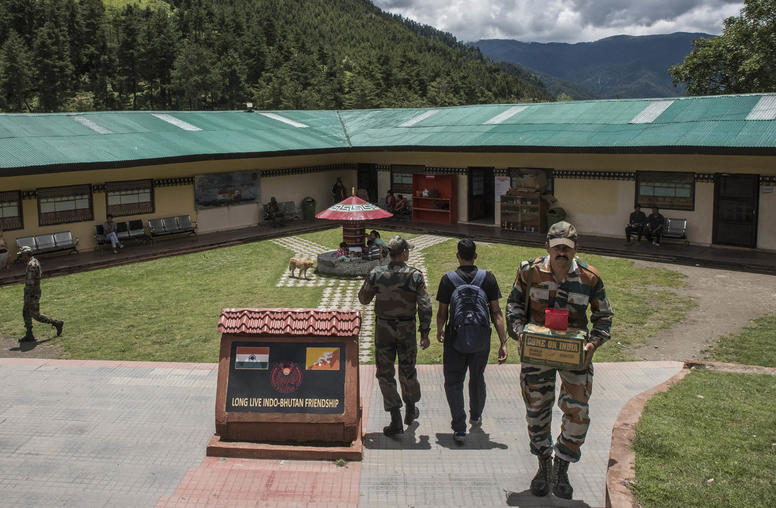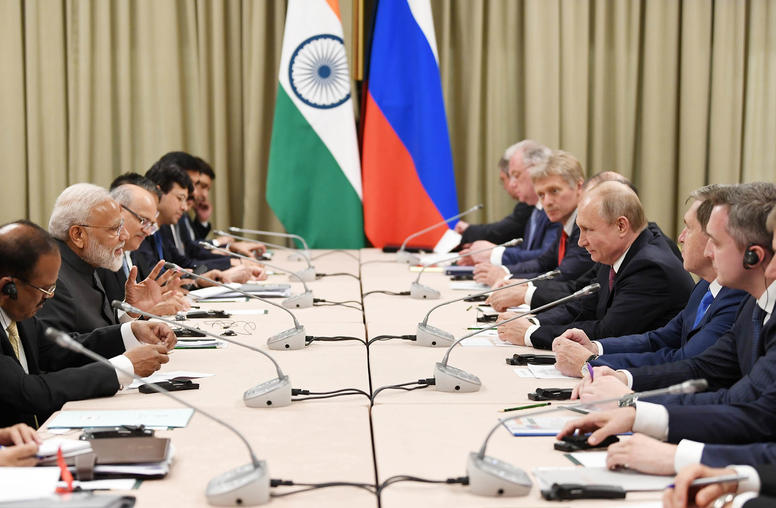Women Preventing Violent Extremism: Charting a New Course
Read the Event CoverageIn celebration of International Women's Day, the U.S. Institute of Peace hosted a meeting of 12 women civil society leaders from India, Indonesia, Kenya, Nigeria, Pakistan and Tanzania on Friday, March 6.

The discussion focused on lessons learned in their work of preventing violent extremism in their communities. The panels emphasized the framework of U.N. Security Council Resolution 1325 and country-led national action plans on Women, Peace and Security. Presenters also highlighted key messages from the recent White House Summit on Countering Violent Extremism.
Event participants received a collection of experts’ essays and exercises is designed to help guide activists and practitioners to engage in reflection and dialogue on violent extremism. The Thought for Action Kit aims to bring greater awareness to the particular roles of women and women’s organizations in dealing with violent extremist ideologies.
Continue the conversation on Twitter with #CVEGender.



